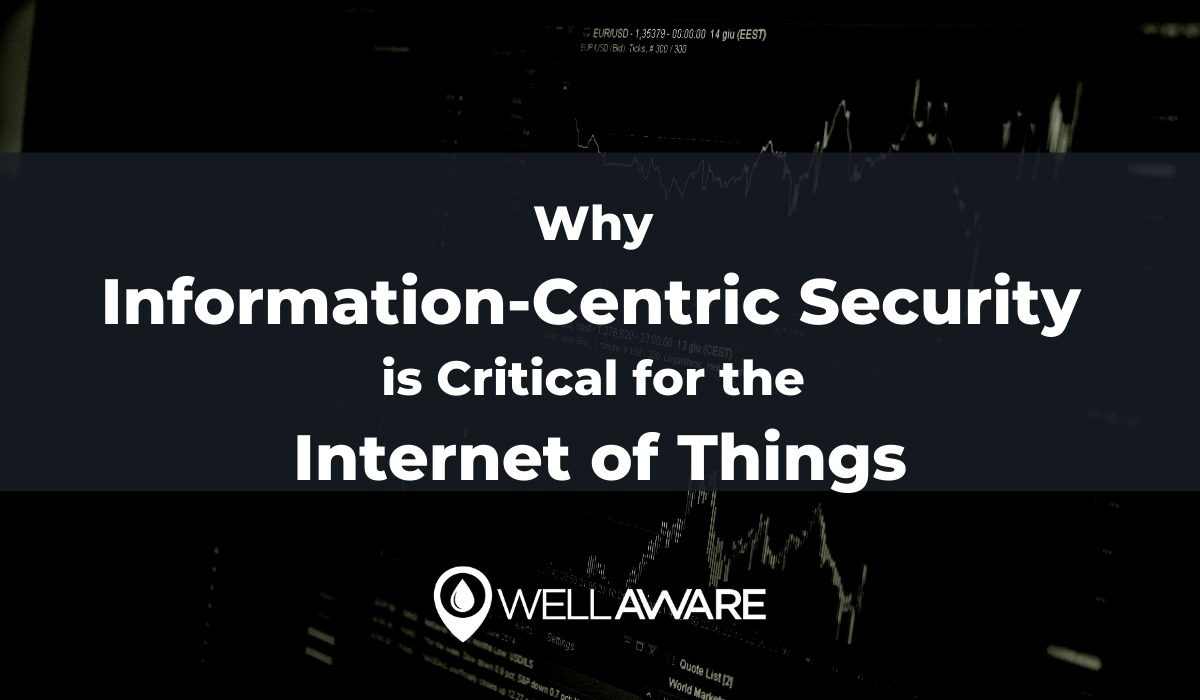What’s the Best Tank Level Sensor? Choose for Accuracy and Reliability
If you keep up with tech innovation in the industrial world, you’ve no doubt heard about the Internet of Things (IoT). The IoT is changing the game in many ways, and the time to get in is now. But, where should you start? Consider tank level monitoring. Whether you’re monitoring a simple water tank or tracking frac tank levels for a … Read more















